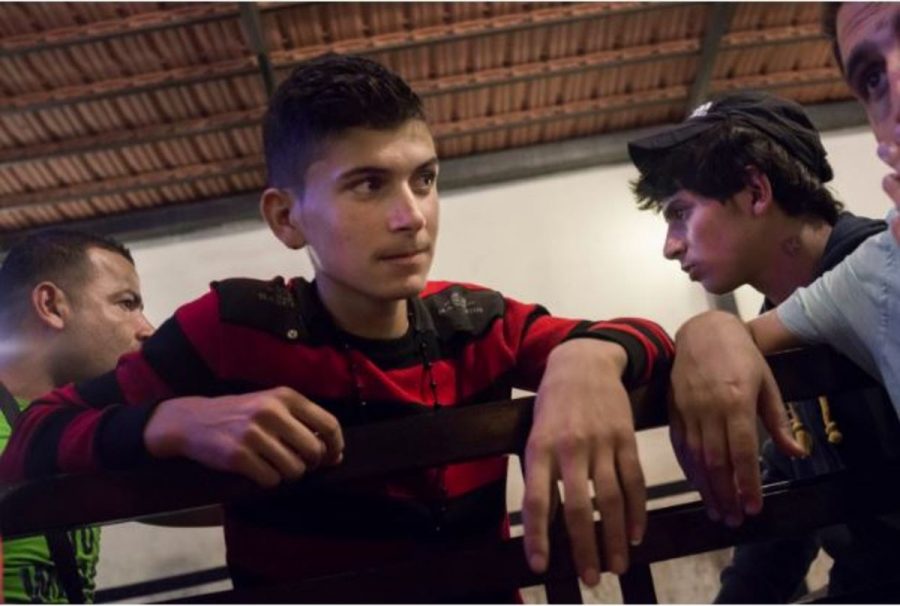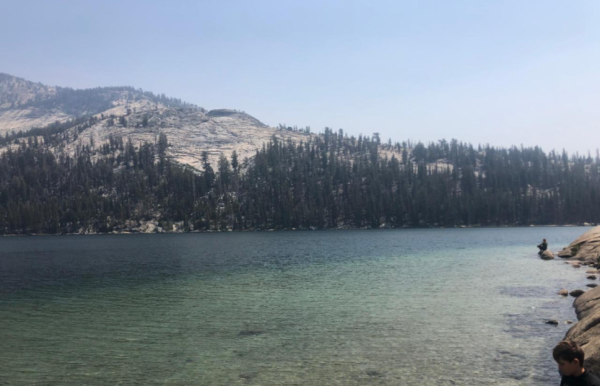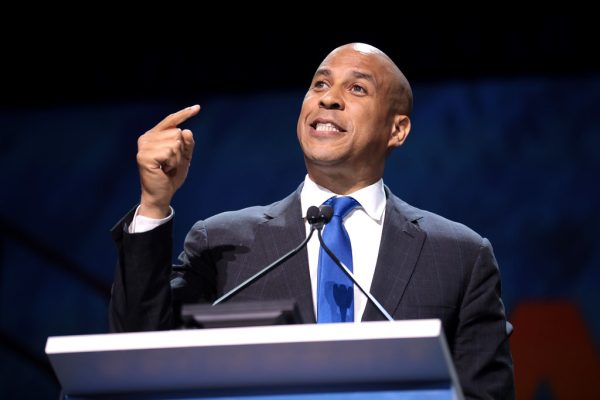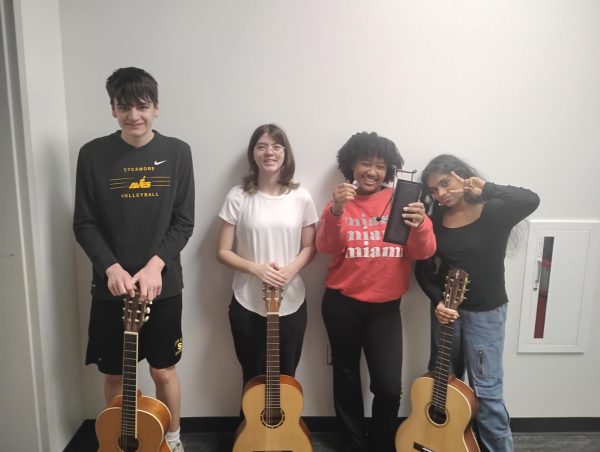Doctor classifies disorder
TRAUMA. President Donald Trump previously banned refugees from Syria amongst other Middle Eastern countries. However the travel ban was soon turned over due to the lack of specificity. “We have to stop the missile before it hits them,” Hamza said.
Post Traumatic Stress Disorder (PTSD) is often associated with people who have fought in wars or dealt with horrific abuse in their lifetime. One doctor argues that the term is not severe enough to describe the horrific emotions Syrian children are dealing with.
Doctor M.K. Hamza calls the disorder “Human Devastation Syndrome” as a result of constant stress. The children are often orphaned and might have even seen their loved ones blown up and torn apart by bombs and air strikes.
“We have talked to so many children and their devastation is above and beyond what even soldiers are able to see in the war,” Hamza said, according to ‘Attn’.
This kind of trauma goes far beyond the threshold normally associated with PTSD. Hamza has been on many mental health committees, and many of those have members who have seen the destruction first hand.
“They have seen dismantled human beings that used to be their parents or their siblings…A lot of them have physical impairments. Amputations. Severe injuries. And they’ve made it to refugee camp somehow,” Hamza said.
20 percent of all the half a million refugees are under the age of 11 and often are there without their parents or siblings. Many do not know how to seek help from anywhere else they do not know how to care for themselves.
“Even the word ‘poor’ is not justifiable here because it’s a less than human condition,” Hamza said.
This is just one of many of the issues: some girls have to do horrid things just to get by without any support emotionally, physically or financially. The real question is: why are we not concerned about this?
Your donation will support the student journalists of Sycamore High School. Your contribution will allow us to purchase equipment and cover our annual website hosting costs.












